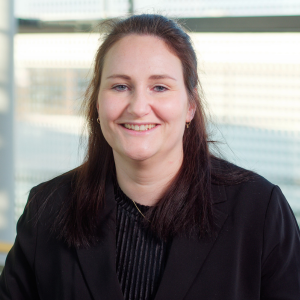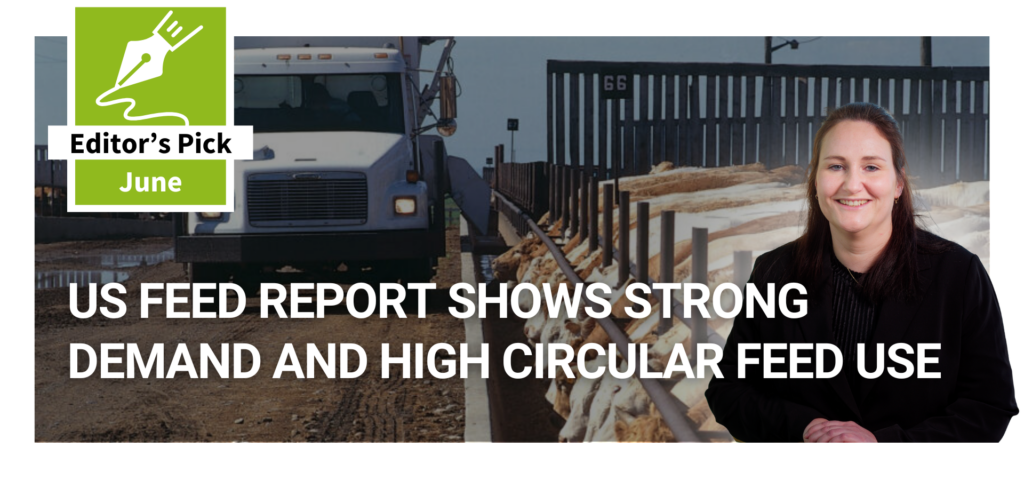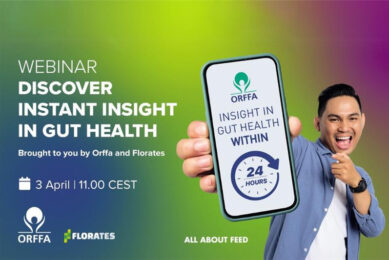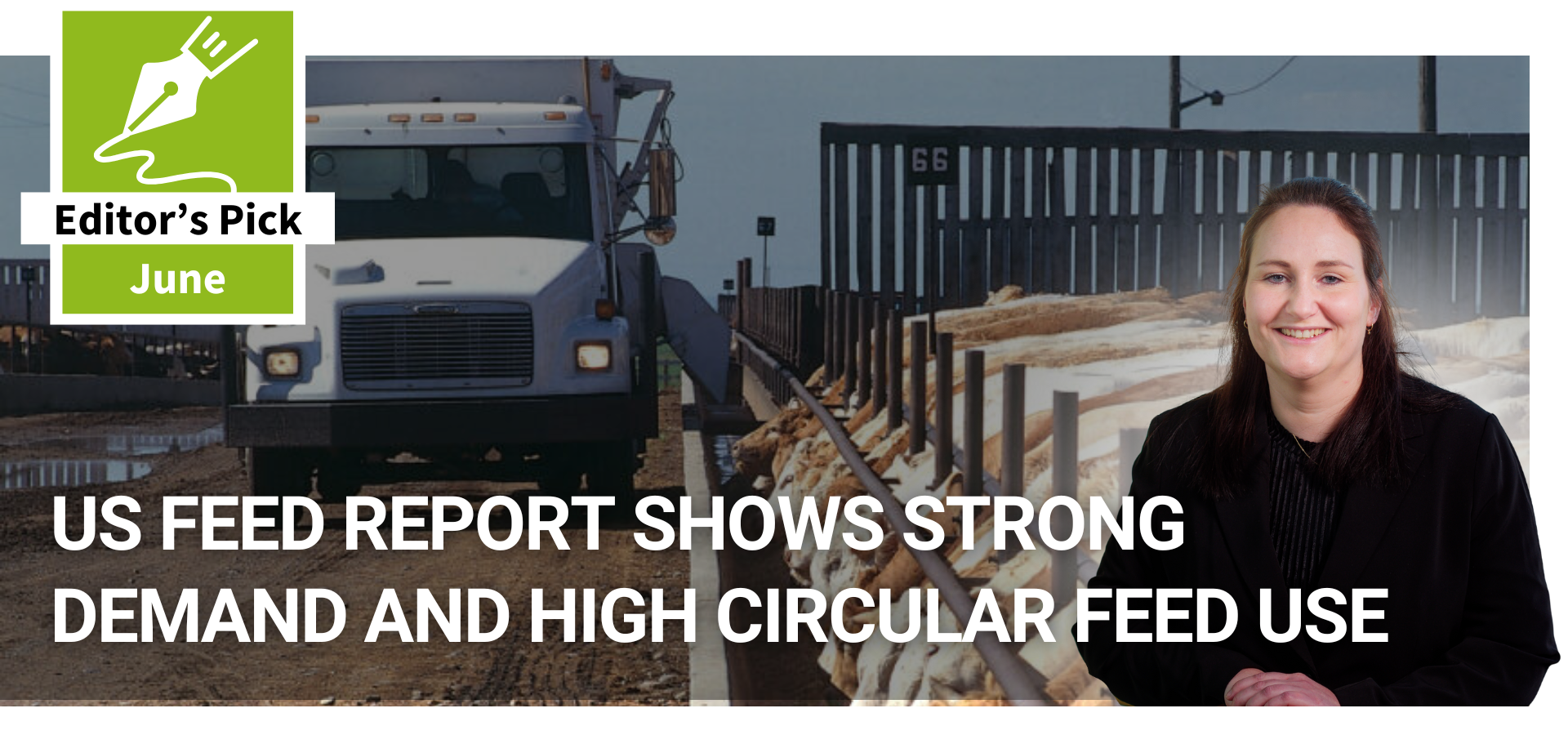Review: The Misset International Webinar Week

All webinars organised by All About Feed and its sister brands Poultry World, Pig Progress and Dairy Global can now be viewed on demand on AllAboutFeed.net.
Click here to get direct access to all of the webinars
Webinar on mycotoxin management
Mycotoxins are causing severe economic losses worldwide and they are a serious risk for the health of all livestock. Mycotoxin management, therefore, has the utmost priority for animal producers. A line-up of three renowned speakers shed light on the exposure levels for farm animals and the different strategies for eliminating mycotoxins.
Regiane Santos, DVM, PhD Researcher at Schothorst Feed Research discussed the realistic exposure levels of mycotoxins in farm animals. In the webinar Regiane shows the results of two different studies. From these it appears that even low levels, below the EU-recommendations, of multi-mycotoxin contamination can impair animal performance, depending of the dose and length of the exposure. In addition, she addressed the fact that chronic intoxication is more common than acute intoxication and that more knowledge on interactions is necessary.
The second speaker Dr Clarisse Techer, research innovation development manager at Mixscience, shed light on the key criteria used to select the most effective toxin binder.
Lastly, Julia Laurain, For Feed Product Specialist at Olmix spoke about testing toxin binders with in vivo references models. She discussed the benefits of testing toxin binders with in vivo versus in vitro models.
Click here to get direct access to all of the webinars

Webinar on gut health: ‘no antibiotics ever’
The first speaker, Eline Holtslag, an incubation specialist at Royal Pas Reform Hatchery Technologies, explained that post-hatch feeding is about the availability of feed, water and light for a newly hatched chick. “This kind of feeding can improve animal welfare, reduce antibiotic use and improve field performance,” she said. Field trials on post-hatch feeding showed a significant reduction in seven-day mortality rates and the highest reduction came from young breeders.
Next up was Stefan Alius, product manager for poultry at Nuscience. Stefan discussed alternative tools and actions to support and evaluate gut health such as digital solutions, online NIR, software, new methods and taking a holistic approach. “There’s still no silver bullet when it comes to preventing gut health issues,” he concluded. “But we really have to appreciate that a holistic approach on all levels needs to be implemented to cope with these issues better.”
Lastly, Julien Kanarek, global segment leader, poultry, at Dupont, discussed boosting gut health through improved protein digestibility and the impact of feeding undigested crude protein on microbial communities. During the presentation the audience was asked what their main driver would be for using a protease. The response was 29% to enhance bird performance, 22% to reduce feed costs, 39% to support gut health and 10% to contribute to responsible production. Julien concluded that protease has a direct impact on how efficiently an animal can digest its food.
Click here to get direct access to all of the webinars

Webinar on gut health: ‘no antibiotics ever’ II
The first speaker at this webinar was Hanna Hamina, chair of the Finnish Poultry Association. She delved into the details of a case study in Finland which showed that it has been unnecessary to medicate broilers for more than a decade. Hanna discussed the methods farmers use to maintain healthy flocks without medication such as good biosecurity, quality home-grown feed and an overall health management programme.
The next speaker was Marcelo Lang, global marketing director at Chr. Hansen, who discussed the power of good bacteria and how they enable poultry producers to reduce or eliminate the use of antibiotics. Marcelo explained the challenges to ‘No Antibiotics Ever’ (NAE) which included respiratory infections, early mortality due to neonatal bacterial infections and coccidiosis. The audience were asked which challenge they thought was the most important to tackle first to get to NAE production. Most said that disruption of gut barrier function − and associated issues − was the thing they would tackle first.
The final speaker was Elen Rondel, Europe-CIS poultry manager at Phileo, who said yeast solutions, which are associated with a broad-based approach to farm management, can help birds become more resilient and stay in good health. Elen said: “If we want to reduce the use of antibiotics and make a good transition to this NAE era, we need to prevent rather than cure.”
Click here to get direct access to all of the webinars

Webinar on weaning
The first speaker at this webinar was Dr Casey Bradley, president at the Sunswine Group, who discussed ‘archetypal protein’. She talked about the use of such proteins to reduce crude protein in pig diets while optimising performance and reducing the pig industry’s environmental footprint. She also touched on emissions and how to harness nitrogen, for example, and make it a usable commodity and not a problem.
Next in the spotlight was Delphine Van Zele, product manager, pigs, EMEA, at Nuscience, who reviewed five misconceptions about zinc-free weaning. These included farmers thinking they can replace zinc oxide with feed alone; weaning with lower protein levels is impossible; extra fibre in the weaning diet will cut growth; management doesn’t have a big impact on zinc-free weaning; and feeding creep feed in the farrowing house has no significant influence on weaning.
Last to present was Graziano Mantovani from Cargill, who zoomed in on ‘growability.’ He said growability equals the post-weaning survival percentage multiplied by weight gain and went on to discuss the factors that can influence it. His said feed intake pre-weaning is crucial for gut preparation, and weaning diets should be adapted to piglet intake profiles. He also highlighted the importance of protein digestibility.
Click here to get direct access to all of the webinars

Webinar on “gut health piglets”
This gut health webinar focused on newborn piglets. The first speaker was Dr Linda Peeters of GD Animal Health, who discussed problems with diarrhoea in piglets. She said: “Once a diagnosis is made, we can look at treatment and prevention methods for neonatal diarrhoea, including symptomatic therapy, and we can also look at prevention methods such as biosecurity and colostrum management.”
The next speaker was Dr Sofia Rengman, global technical manager at Perstorp. Dr Rengman highlighted how and why the body condition of the sow was important to piglet development. She said, “The increased number of piglets born per litter is only of economic benefit if they reach weaning age and if the sow and weaners remain in good health.” She said sow body condition is a key factor for optimal reproductive performance and supporting large litters.
The last speaker was Dr Daniël Šperling of Ceva Animal Health, who looked at coccidiosis and Iron Deficiency Anaemia (IDA). While introducing Forceris, he explained that coccidiosis is an infection of the small intestine which affects the performance of the young pig. He said: “Current controls based on oral treatment seem to be less effective, especially if the timing is not perfect. We believe diagnostics is key; frequent diagnostics on the farm is really important to understand what happened.”
Click here to get direct access to all of the webinars

Webinar on advanced dairy farming
From feed that promotes efficiency and sustainability to monitoring cows in a way that gives us better insights and more accurate information, the topic of advanced dairy farming is a broad one. In this webinar three experts shared their knowledge and experience.
The first speaker, Kristine Piccart, Dairy Advisor at Cow Coach, addressed the supporting role of advisors in precision dairy farming. As a dairy advisor at Cow Coach, Kristine aims to support farmers in the use of automatic milking systems and dairy sensors. In her presentation she focused on how advisors can improve the effective use of precision dairy technologies and thus create added value.
The next speaker was Enda Neville, Ruminant Technical manager at Celtic Sea Minerals. He discussed how plant-derived marine minerals promote feed efficiency and sustainability in dairy production. He then explained how Acid Buf enhances healthy rumen function, driving dairy production and feed efficiency.
Last to present was Dr Ray Nebel, V. P. of Tech Services at Select Sires, who discussed how to improve herd health with a cow monitoring system. In his presentation he highlighted how monitoring systems help farmers to focus on the right cows and provide insights into cow behaviour.











